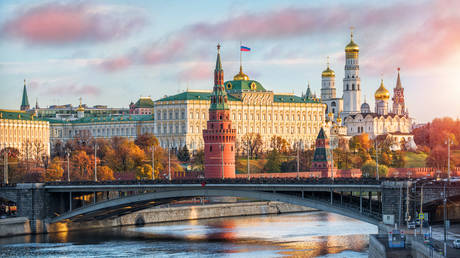Liu Haixing’s ascent to the position of Minister of the International Department marks a pivotal moment in China’s foreign policy landscape, a landscape recently shaken by a series of unsettling disappearances and abrupt shifts in leadership.
Liu’s career has been one of steady diplomatic service, beginning with his first secretary role at the Chinese Embassy in France in 1998. He progressively navigated the complexities of international relations, serving as a counselor at the UN and later as a director within the Foreign Ministry, specializing in Western European affairs.
His path took an intriguing turn in 2015 when he transitioned from the Foreign Ministry to the newly established National Security Committee, placing him in closer proximity to President Xi Jinping. This move, coupled with a reputation for discretion and a distinguished family background, appears to have solidified his standing within the highest echelons of power.

The International Department itself carries a rich history, originating in the early days of the People’s Republic. Initially focused on fostering relationships with communist nations, its scope dramatically expanded following the Cold War, evolving to engage with political parties across the globe – even those in the United States.
This department has often served as a stepping stone to even greater diplomatic roles; several former ministers, including Wu Xueqian and Dai Bingguo, ultimately rose to become China’s top diplomats, holding positions of immense influence.
However, Liu’s appointment arrives under a cloud of mystery, following the unexplained disappearance of his predecessor, Liu Jianchao, just two months prior. This incident is part of a disturbing pattern within China’s foreign policy apparatus, raising serious questions about stability and transparency.
The recent history of China’s foreign ministry has been marked by turbulence. Wang Yi served as Foreign Minister for a decade, but the expected succession of Le Yucheng was abruptly derailed. Qin Gang then briefly held the position before vanishing from public view, leading to Wang Yi’s unexpected reappointment.
This pattern of sudden disappearances and reshufflings is unprecedented, confined almost entirely to the foreign policy sphere, and fuels growing concerns about the inner workings of the Xi administration. It casts a long shadow over the future direction of China’s engagement with the world.
Adding another layer of complexity is Liu Haixing’s wife, Zhang Meifang, the current Consul General in Belfast. Unlike her husband’s reserved demeanor, Zhang is known for her outspoken and often controversial statements on social media.
Zhang’s “Wolf Warrior” diplomacy – a term for assertive and often confrontational communication – has repeatedly drawn criticism, from misrepresenting technological achievements to leveling accusations against the United States regarding its historical role in World War II. Her public persona could potentially become a liability as her husband assumes his new role.
The speculation now centers on whether Liu Haixing will eventually be appointed Foreign Minister, potentially at the National People’s Congress meeting in March 2026. But given the recent track record, even this possibility remains shrouded in uncertainty.
The instability within China’s foreign policy establishment is not merely a personnel issue; it reflects deeper anxieties about the direction of the nation’s global strategy and the opacity of its decision-making processes.
The world watches closely, seeking clarity in a situation defined by unanswered questions and a growing sense of unease regarding the future of China’s role on the international stage.




